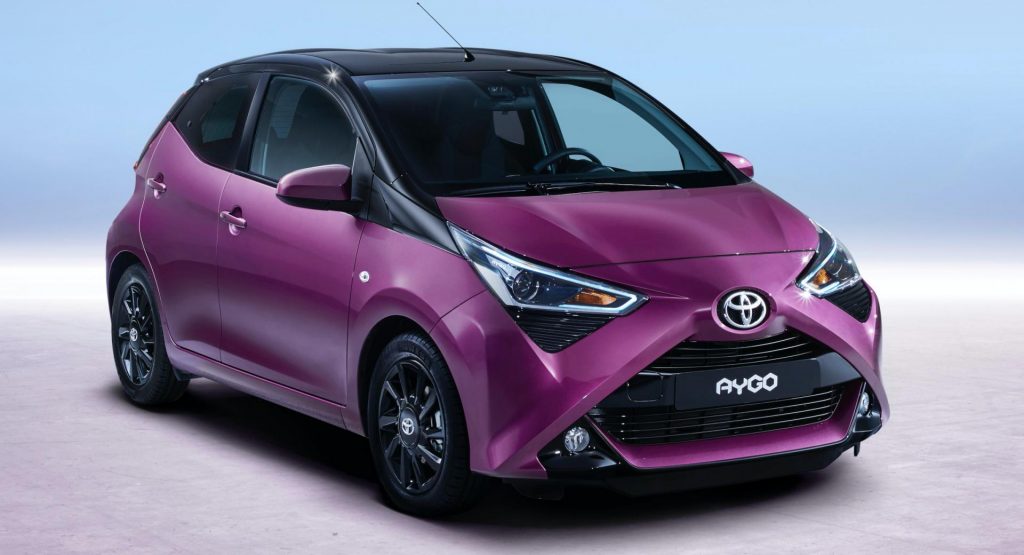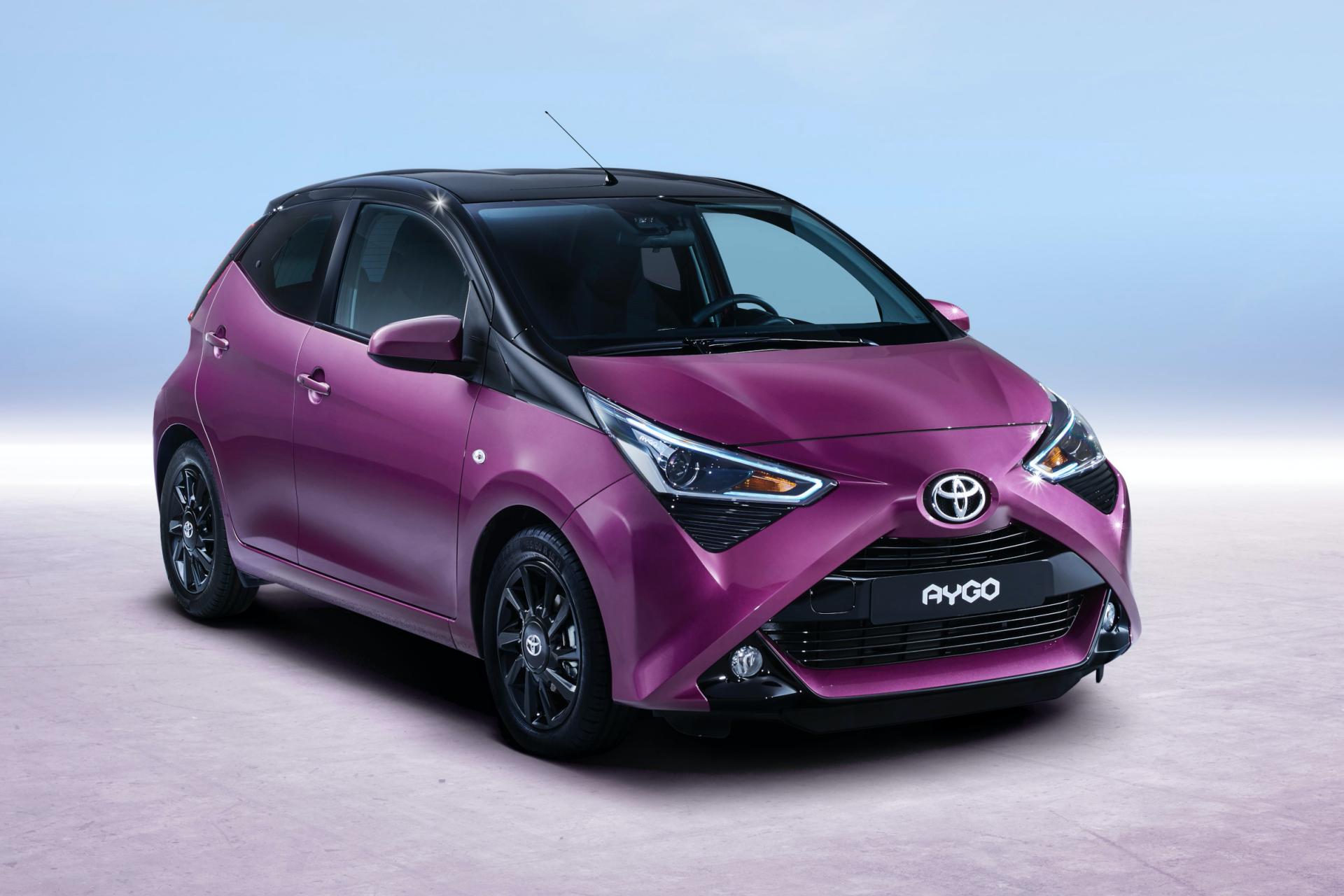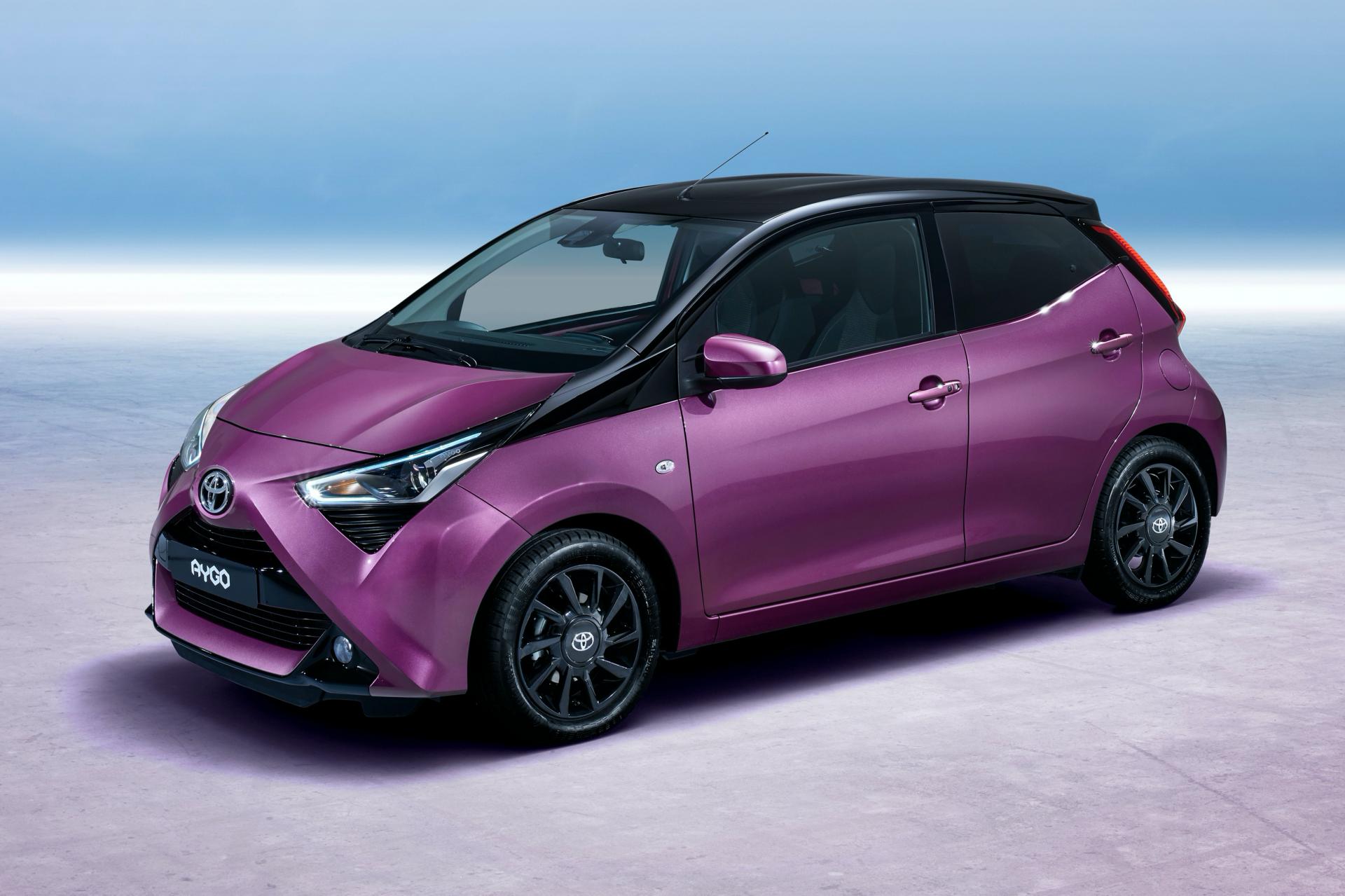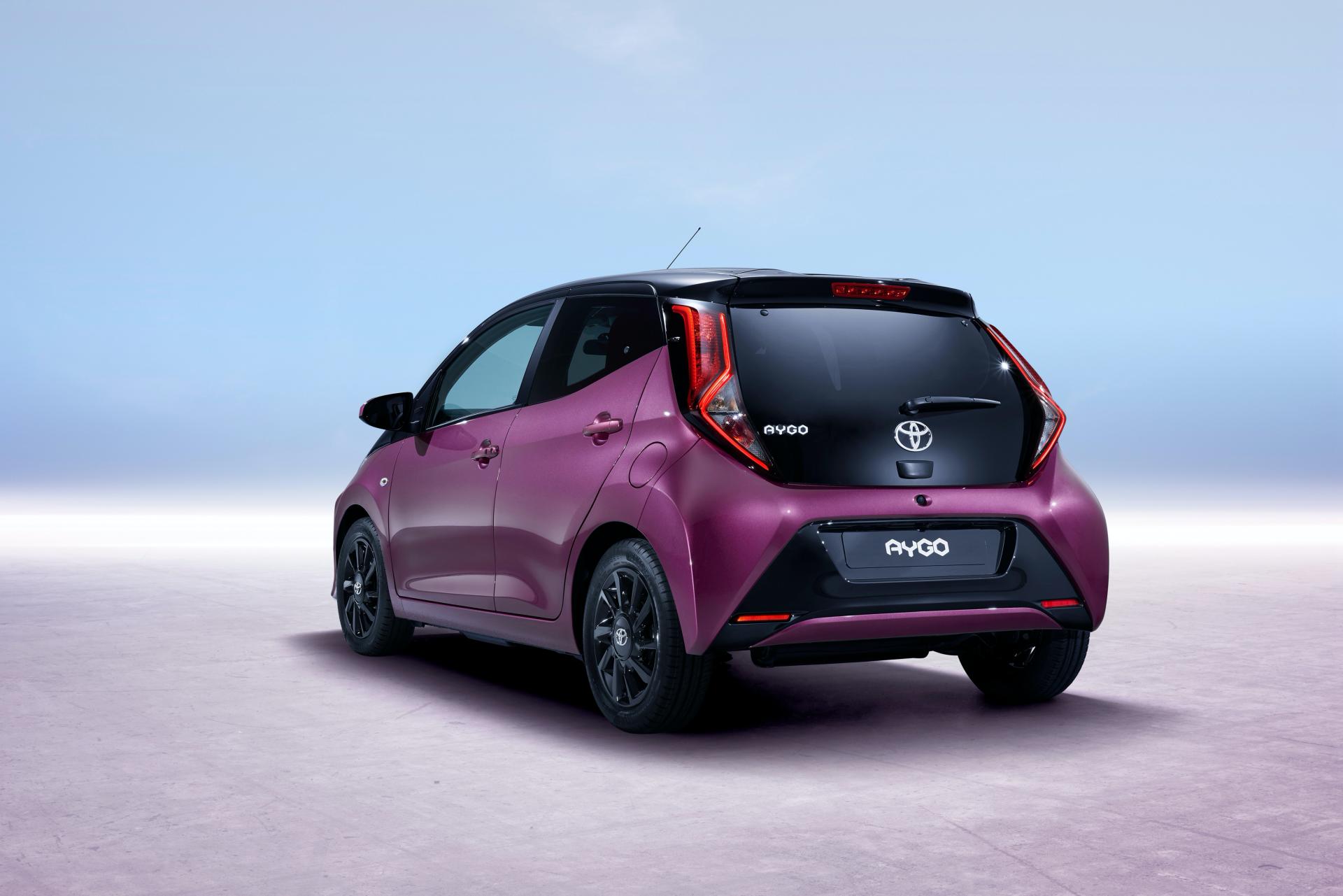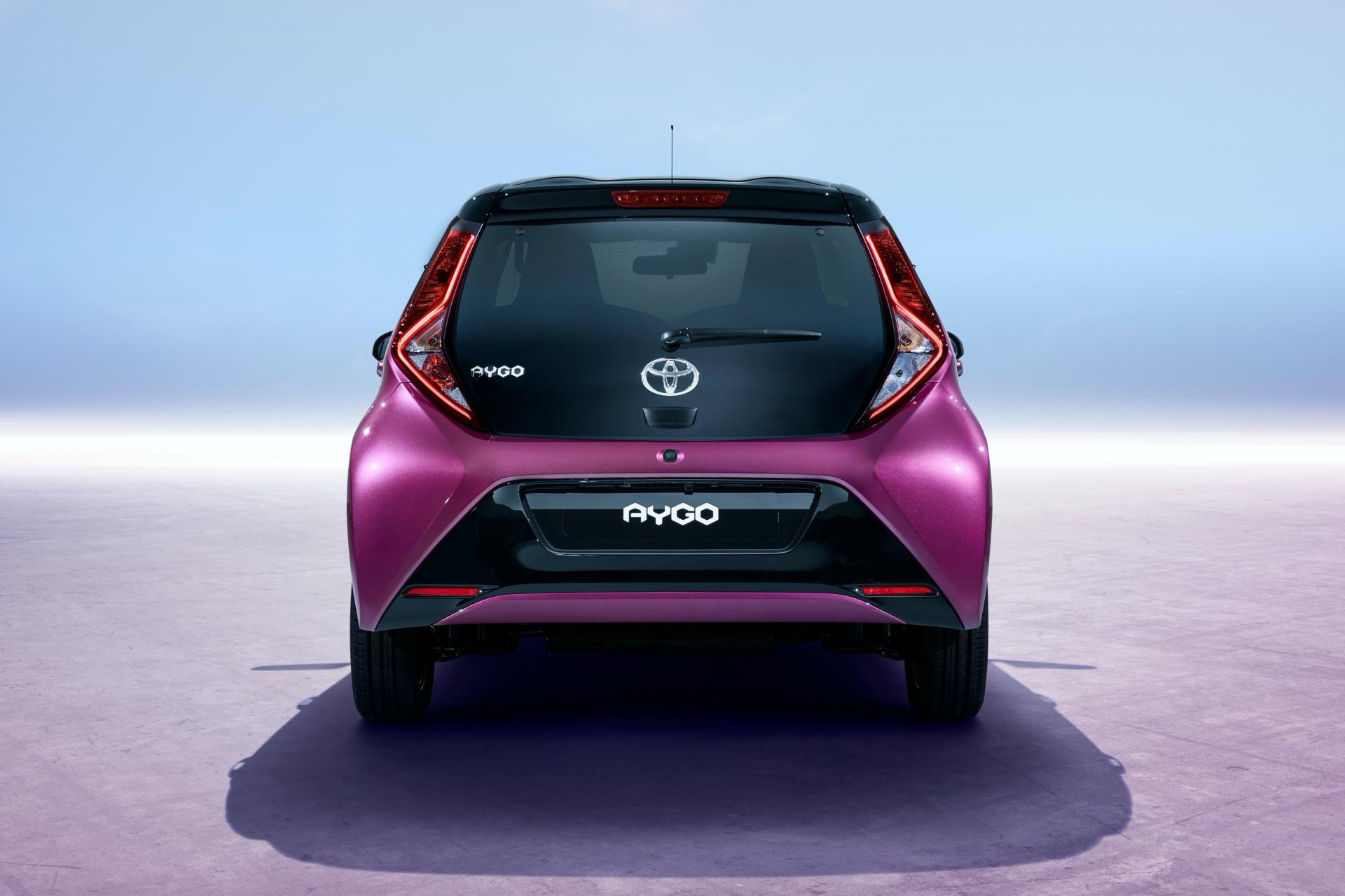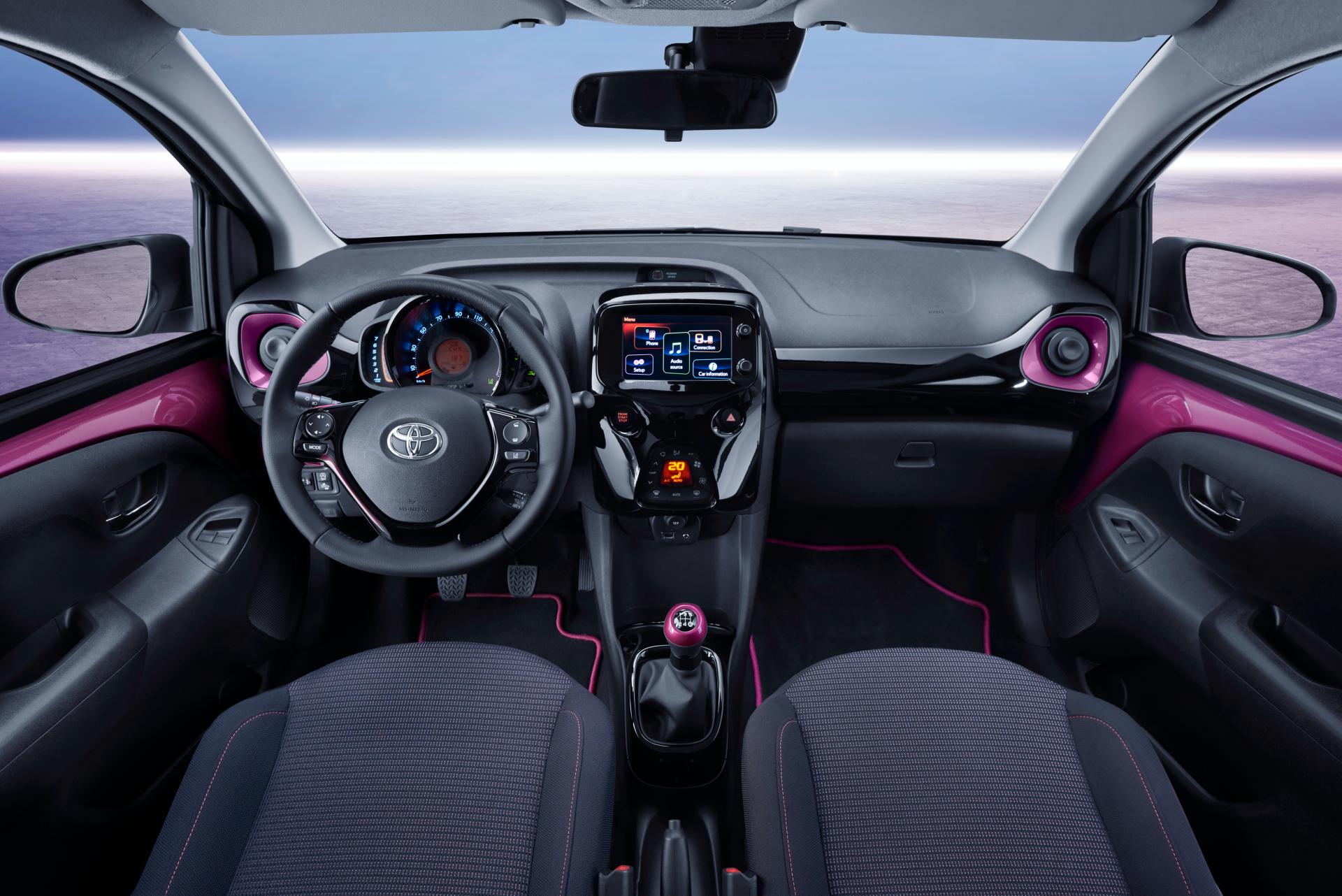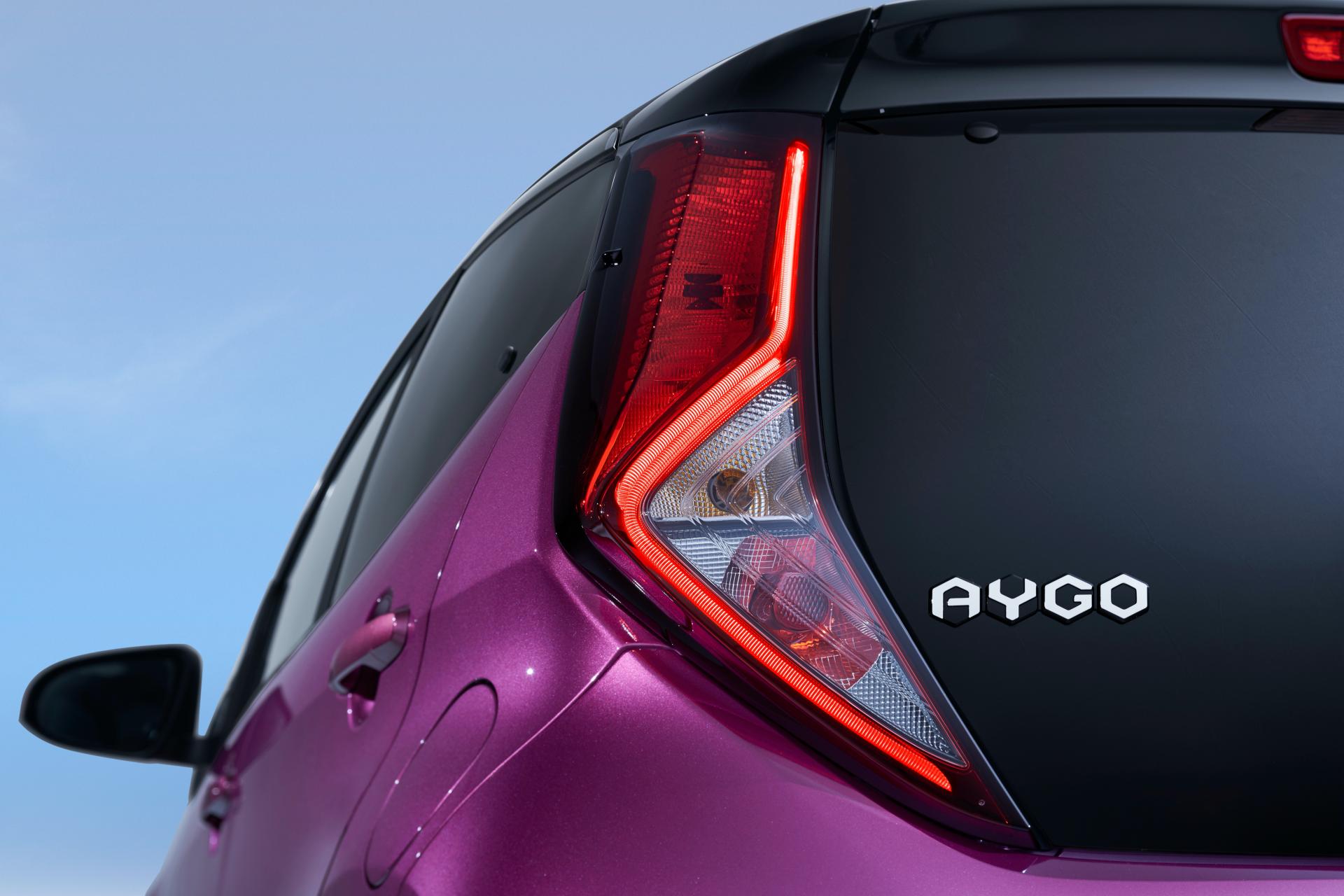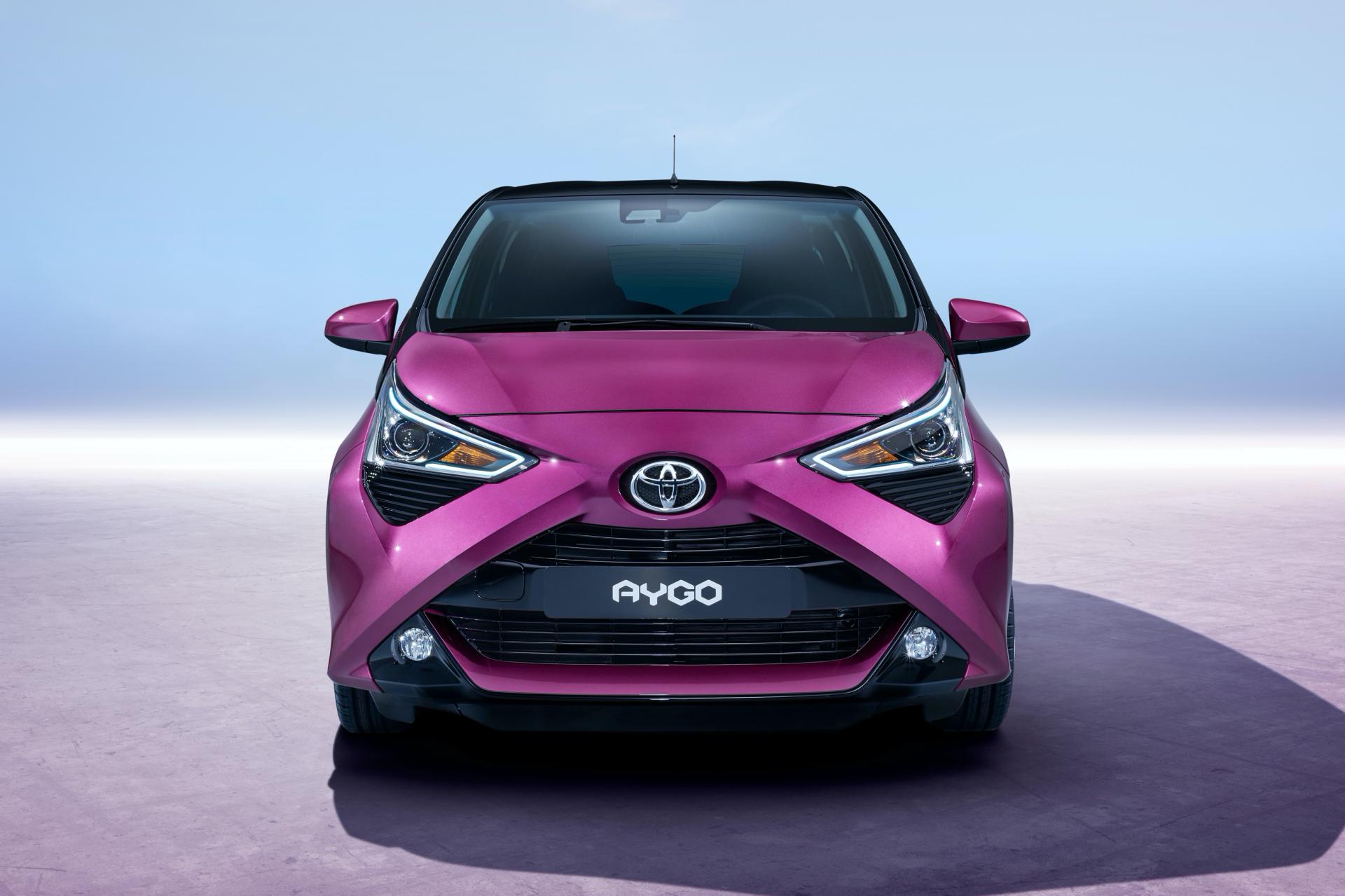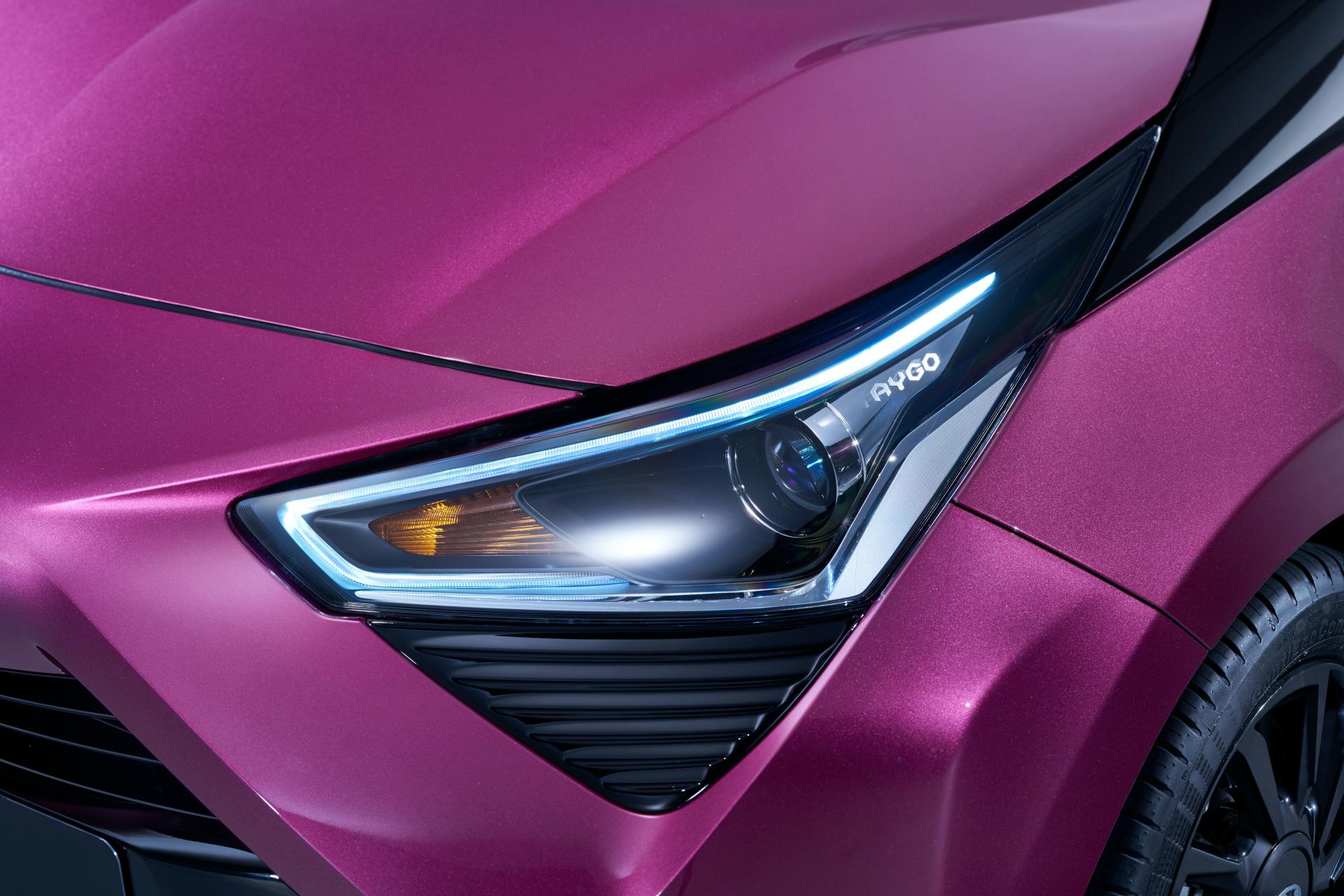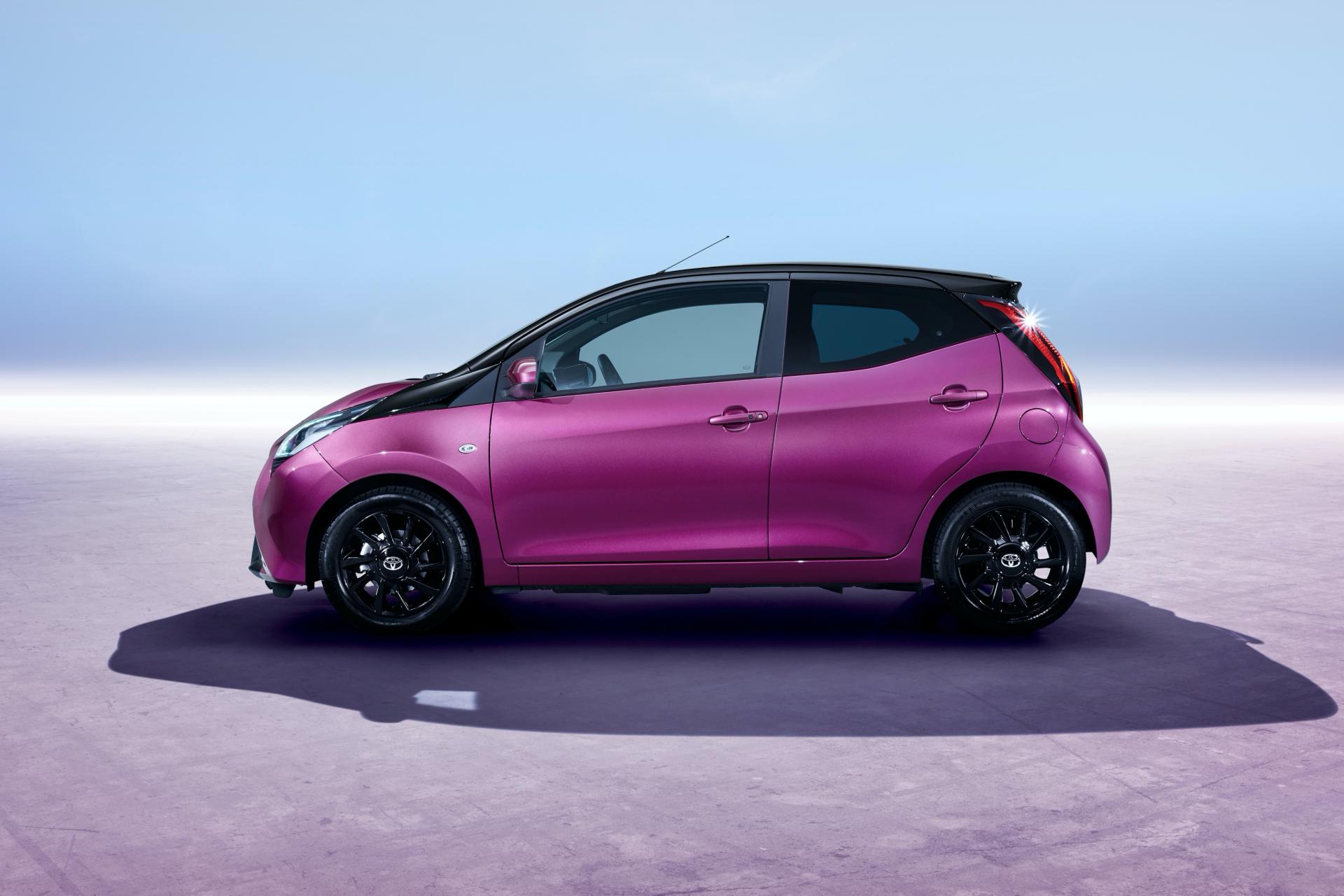Last year, Toyota and PSA announced they would end joint city car production at their Czech Republic plant from 2021, where the Aygo, C1 and 108 are currently manufactured.
As part of the agreement, Toyota will become the sole owner of the Kolin factory from January 2021. This means the Japanese automaker will have to run a plant with an annual capacity of 300,000 vehicles. With Europe’s minicar segment in decline, it’s hard to imagine the next-generation Toyota Aygo will be able to do that on its own. Unless we’re talking about a radically different Aygo; one that would ditch gasoline engines for all-electric propulsion.
City car buyers will be glad to learn Toyota has confirmed the Toyota Aygo for a third generation, even though some competitors including Ford and Opel have abandoned this segment. Toyota Europe CEO Johan Van Zyl said that the current Aygo, which launched in 2014, will get a successor.
Related: Road Trip – We Discover Spain In A Bright Blue Toyota Aygo
“The Aygo has been a very good product for us in terms of conquest and bringing younger people into our brand. We still see it as a good segment for us to be in,” the executive told Autonews Europe in an interview.
However, he added that Toyota could rethink the Aygo and make it electric given that this type of car is used mostly in an urban environment. Currently, the Aygo is the brand’s only model sold in Europe without a hybrid option.
Toyota would not be the first automaker to make its city car all-electric, as Peugeot and Citroën have already indicated that any replacement for their minicars will need to be electric, and the same thing is expected to happen to Volkswagen Group’s next-generation VW Up, Skoda Citigo and Seat Mii minicars.
The question remains whether Toyota will build other models alongside the next-generation Aygo at the Kolin plant, since Van Zyl says the factory’s full capacity will be utilized in the future.



